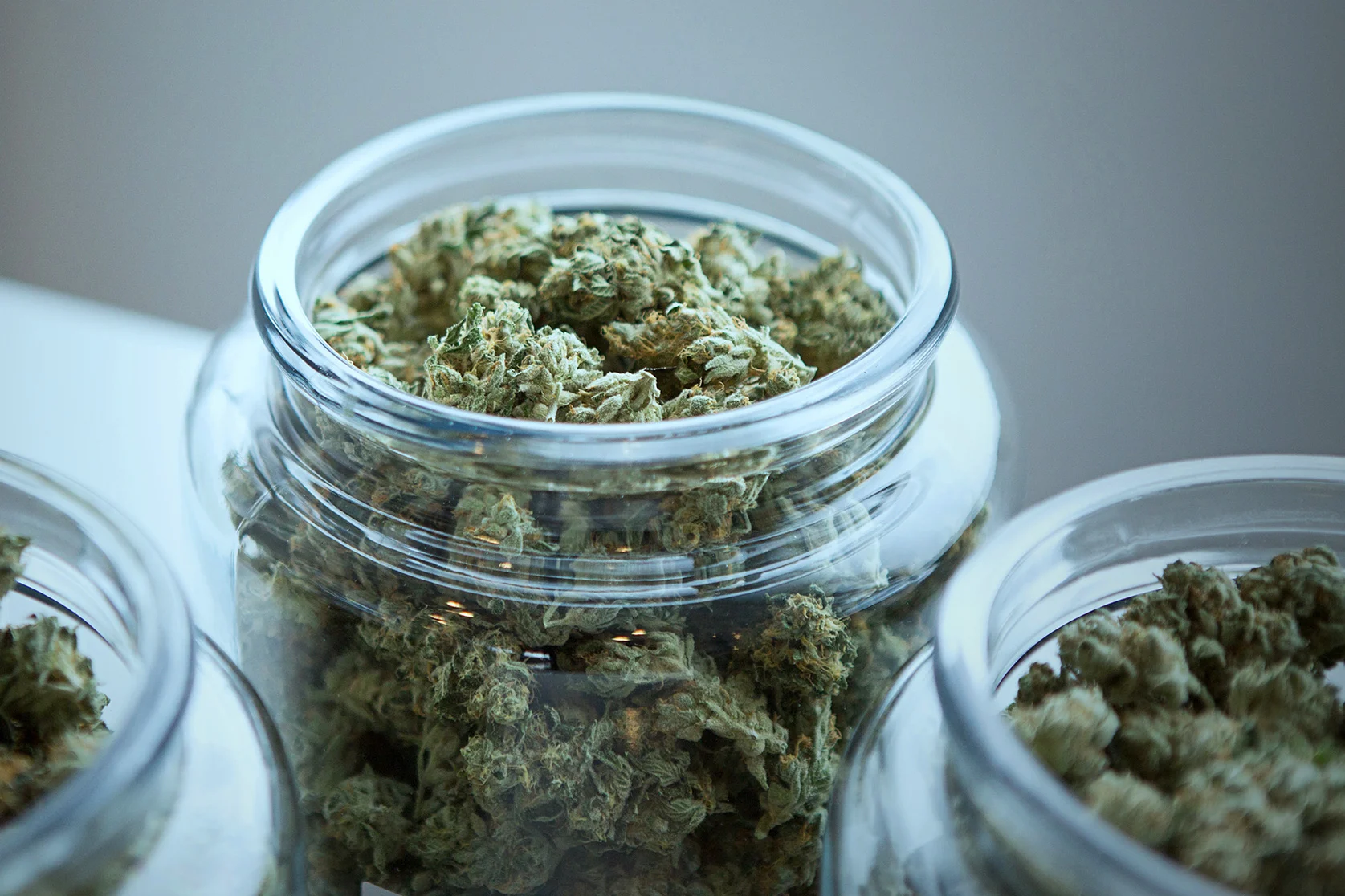Hawaii Attorney General Proposes Comprehensive Plan for Recreational Cannabis Legalization
LOS ANGELES– Hawaii Attorney General Anne Lopez recently unveiled a detailed proposal to legalize recreational cannabis, marking a significant step forward in the state’s cannabis policy reform. This initiative comes eight months after a similar bill failed to secure approval in the state legislature.
In 2000, Hawaii joined the ranks of states legalizing medical cannabis, but it wasn’t until 2018 that it licensed medicinal cannabis dispensaries. Despite the state Senate passing a bill earlier this year to legalize recreational cannabis, the proposal stumbled in the House of Representatives.
Lopez’s comprehensive plan, stretching over 294 pages, sets forth a framework for the production and sale of recreational cannabis. It carefully balances the new recreational market with the protection of the existing medical cannabis industry. The proposal mirrors the Massachusetts model of cannabis legalization and includes a social equity program aimed at integrating illicit growers into the legal market. This program extends grants and support to those previously involved in illegal cannabis operations, acknowledging the impact of past prohibition policies.
“The most important thing we can do is bring the people who have been growing and selling marijuana illegally into the legal market,” stated Lopez, emphasizing the plan’s inclusive approach.
Key features of the proposal include a 4.25% excise tax on adult-use cannabis, supplemented by a 10% tax surcharge. These revenues are earmarked for enhancing law enforcement and educational programs focused on youth protection. Notably, the 10% surcharge is exempt for medical marijuana purchases, ensuring continued support for medical cannabis patients.
The plan also establishes a Hawaii Cannabis Authority, responsible for regulating the industry, ensuring product safety through a lab testing program, and implementing health education programs.
Retail sales of adult-use cannabis are expected to commence at existing medical dispensaries, leveraging their established infrastructure and state licensing. Lopez anticipates a rollout 18 months post-enactment, allowing adequate time for implementation.
Despite this well-structured proposal, challenges remain. State lawmakers, including State Senator Jarrett Keohokalole and House Judiciary Committee Chair David Tarnas, have lauded the plan’s thoroughness. However, Tarnas expressed concerns about the feasibility of introducing and passing the legislation in the upcoming session, given the legislature’s pressing commitments to wildfire response and budget negotiations.
The proposal represents a pivotal moment in Hawaii’s cannabis legislation history. If successful, it would transform the state’s approach to cannabis, from medical use to a more comprehensive system encompassing recreational use, social equity, and rigorous regulation. As the legislative session approaches, all eyes will be on the Hawaii State Capitol to see if this ambitious plan will finally bring about the long-discussed change in cannabis policy.



































